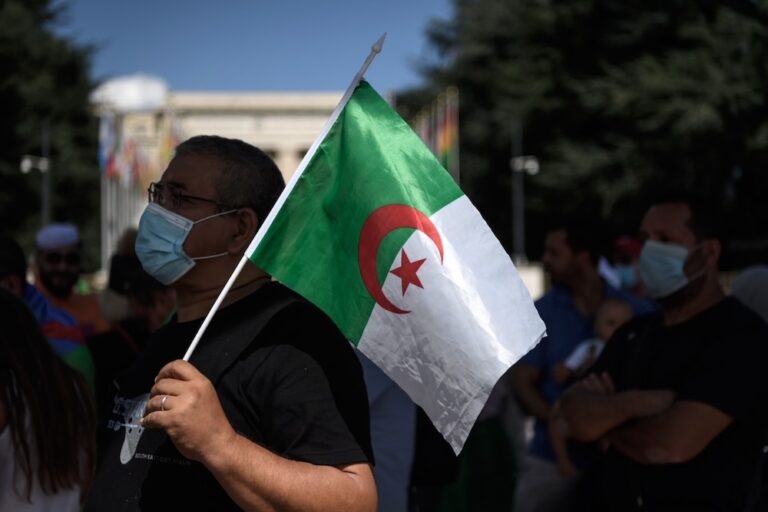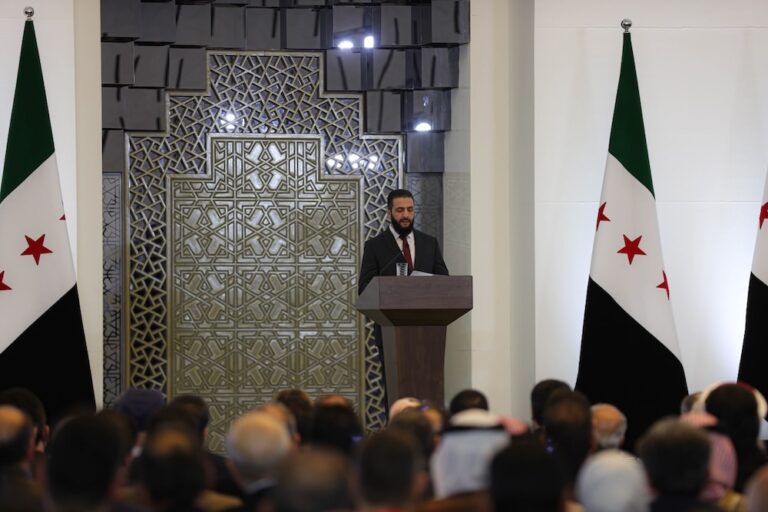The activities centred around five emblematic cases from Cameroon, Iran, China, Russia and Mexico.
(WPFC/IFEX) – On and around 15 November 2009, International PEN’s membership of writers world-wide celebrated the courage of their colleagues who have suffered in the practice of their right to freedom of expression.
Activities centred around five emblematic cases: Cameroon – Lapiro de Mbanga, Iran – Maziar Bahari, China – Liu Xiaobo, Russia – Natalia Estemirova, and Mexico – Miguel Ángel Gutiérrez Ávila. Also, calls were made for justice for the 35 writers and journalists who were murdered in the past 12 months.
This year’s celebrations were especially successful. There were events, many of them sell-outs, with readings, performances and music in Sweden, Canada, Australia, Belgium, Catalunya, Italy, Denmark, England, Scotland, Ghana, Kenya, Germany, Switzerland, the USA, the Netherlands and Norway. Nobel Literature Laureates lent their support, with the 2009 winner, Herta Müller, standing up for writers under attack in Russia at an event in Berlin, and Nadine Gordimer, Wole Soyinka and J. M. Coetzee contributing to a book of writings for Swedish PEN. Other world famous writers took part, including Michael Ondaatje in Canada, and Germaine Greer in Sydney. Many of these events featured an “Empty Chair” signifying the absence of a writer who could not attend due to imprisonment or even murder. Events included debates on censorship in China, Iran, Kenya, Ghana Turkey, Fiji and New Zealand.
This was also an opportunity to award writers who have made sacrifices in the past year. Awards were granted by PEN Canada to the Mexican journalist Lydia Cacho, by the Independent Chinese PEN Centre to Professor Xu Xerong, detained in China, and the Ossietsky Award in Norway to the Palestinian journalist Mohammed Omer. Maziar Bahari – Iran, Irakli Kakabadze – Georgia, Sonali Samarasinghe – Sri Lanka, Dawit Isaac – Eritrea, and Chi Dang – Vietnam were all granted the Oxfam Novib PEN Free Expression award in The Hague. Dawit Isaac was also granted the Tuchkolsky Award in Sweden.
There was excellent coverage of the events in many countries. New technology was used extensively, with lively website contributions, the sending of mass email protests and even a Twitter campaign, all serving to spread the message.


